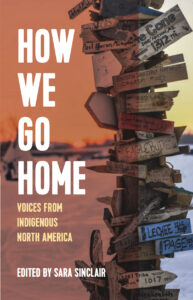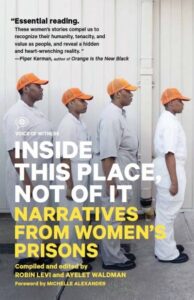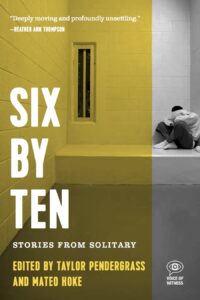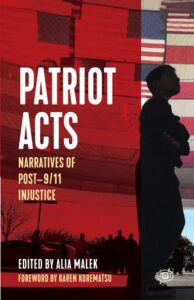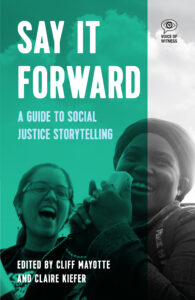About the Book
Surviving Justice: America’s Wrongfully Convicted and Exonerated presents oral histories of thirteen people from all walks of life, who, through a combination of all-too-common factors—overzealous prosecutors, inept defense lawyers, coercive interrogation tactics, eyewitness misidentification—found themselves imprisoned for crimes they did not commit. The stories these exonerated men and women tell are spellbinding, heartbreaking, and ultimately inspiring.
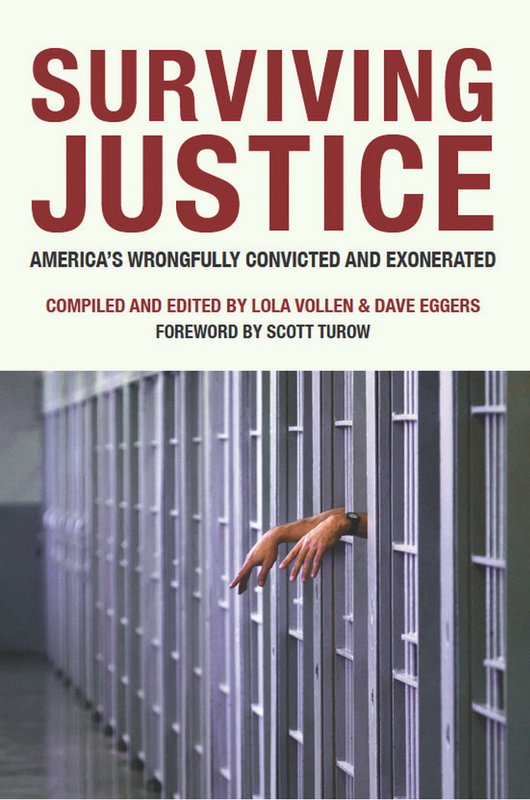
Narrators Include:

JUAN MELENDEZ: Juan Melendez moved from Puerto Rico to Delaware at seventeen, and soon found himself struggling to make money and began to hustle on the streets. In 1984, based on the unreliable testimony of an informant, Melendez was convicted of the murder and armed robbery of a man he’d never met. He was extradited to Florida, sentenced to death, and served seventeen years before previously concealed evidence exonerated him. He now heads Juan Melendez Voices United for Justice, an advocacy group, and is an avid anti-death penalty activist and speaker.

GARY GAUGER: Gary Gauger’s parents were murdered on their Richmond, Illinois farm in 1993. Police immediately blamed Gauger. During a grueling interrogation, detectives temporarily convinced Gauger that he had actually committed the crime. He was found guilty and sentenced to death and released three years later. A popular speaker on wrongful convictions, he lives on that same Illinois farm, still contending with the psychological effects of his incarceration.

BEVERLY MONROE: In the early 1990s, Virginian Beverly Monroe was convicted of the murder of her longtime companion, who had in fact killed himself. Her twenty-two year sentence was relatively light, but the case against her was tenuous at best. A police investigator persuaded her to sign a hypothetical statement, later construed as a confession, and then convinced a convicted felon, whom Monroe had never met, to testify against her at trial. After a lengthy and complicated appellate process, Monroe was freed in 2002. She lives in Williamsburg, Virginia.


MICHAEL EVANS & PAUL TERRY: Michael Evans and Paul Terry were seventeen-year-old boys when they were convicted for a rape and murder they knew nothing about. As a result of the testimony of a neighborhood woman seeking to claim reward money, the two were sentenced to 200- to 400-year sentences. Evans maintained his optimism during his time in the most notorious Illinois prisons, but Terry struggled to preserve his sanity. After twenty-seven years, they were exonerated by DNA evidence. Now living in Chicago, they are grown men vastly changed by their ordeals.

JOHN STOLL: In the mid-1980s, a series of child-abuse witch hunts swept California. A flurry of prosecutions and convictions ensued, and John Stoll took the hardest fall. He was charged with molesting his own son and several other boys, and was sentenced to forty years in prison. He served nineteen; in 2004, the boys recanted their testimony. For Stoll, who now lives in Oklahoma, his release didn’t repair the damage, and he no longer speaks with his son.

JOSEPH AMRINE: In 1985, Joseph Amrine was accused and convicted of stabbing a fellow inmate at a prison in Jefferson City, Missouri. When it came time for his sentencing, he campaigned for the death penalty, hoping it would draw attention and legal assistance to his case. It did. In 2003, Amrine was released after witnesses, including jailhouse informants and guards, recanted their testimony. He now lives in Kansas City and works with the Public Interest Litigation Clinic legal group as a speaker and outreach coordinator.
About the Editors & Foreword Author:
Dave Eggers is the author of six previous books, including Zeitoun and A Hologram for the King. He is the founder and editor of McSweeney’s, an independent publishing house based in San Francisco that produces a quarterly journal (Timothy McSweeney’s Quarterly Concern), and a monthly magazine (The Believer). In 2002, he co-founded 826 Valencia, a nonprofit writing and tutoring center for youth. In 2004, Eggers co-founded the Voice of Witness book series with Dr. Lola Vollen.
Lola Vollen is a scholar, human rights activist, and co-founder of Voice of Witness. In addition to editing Surviving Justice, she also edited Voice of Witness title Voices from the Storm: The People of New Orleans on Hurricane Katrina and Its Aftermath.
Scott Turow is a writer and attorney. He is the author of ten best-selling works of fiction, including Presumed Innocent, Innocent, and Identical. His works of non-fiction include One L, and Ultimate Punishment, a reflection on the death penalty. His writing has been featured in The New York Times, Washington Post, Vanity Fair, The New Yorker, Playboy and The Atlantic. His books have won a number of literary awards, including the Heartland Prize in 2003 for Reversible Errors, the Robert F. Kennedy Book Award in 2004 for Ultimate Punishment and Time Magazine‘s Best Work of Fiction, 1999 for Personal Injuries.
“The accounts in this book are not works of lofty philosophy or jurisprudence. They are humble first-person tales, told in everyday terms, of how injustice happened, one blunder at a time.”
—Scott Turow’s Foreword
Praise for Surviving Justice:
Surviving Justice is a necessary truth telling that amplifies the voices of the countless wrongfully incarcerated sons, lovers, husbands, fathers who languish in America’s prisons. These oral histories give insight into the nature of the injustice to which they have been subjective, but also offer a way forward. I never could have written An American Marriage without the brave and thoughtful testimonies in this book.
Tayari Jones
author of An American Marriage
Unimaginable and inspiring stories.
The Innocence Project of Minnesota
Real, raw, terrifying tales of ‘justice.’
John Freeman
for the Minneapolis Star Tribune
Related Resources

View the Lesson Plans
The lessons use oral history to promote a nuanced understanding of America’s justice system.
Book Club Discussion Questions
Use these questions to encourage meaningful discussions about the book.


